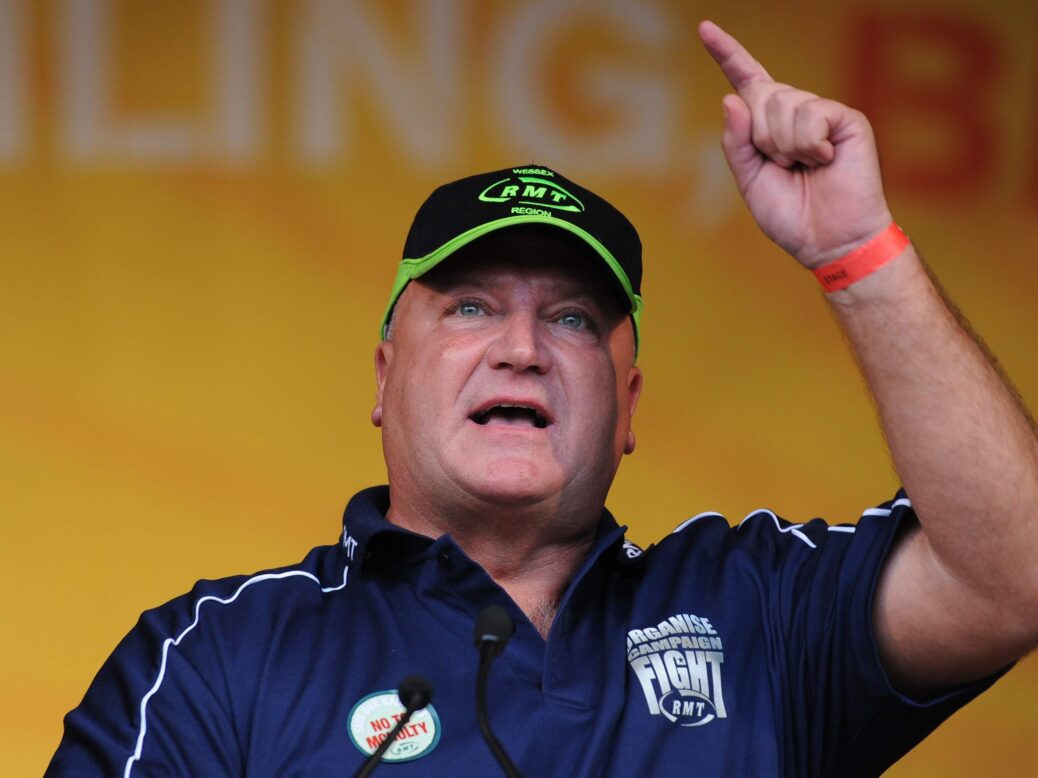
Bob Crow would have appreciated the irony of his many tormentors (he was more hurt than most realise by the press intrusion into his private life) mourning his untimely death today. Most are remembering him as a tireless fighter for his members – and that is what he was. During Crow’s time as general secretary from 2002 onwards, the basic pay of a tube driver rose to £46,000 plus perks (including free travel for them and their partner) and will reach £52,000 in 2015. As Ken Livingstone quipped on Sky News this morning: “The only working class people who still have well-paid jobs in London are [RMT] members.” While cursing Crow’s name as they squeezed onto rail replacement buses during one of his union’s strikes, many workers reflected that they could do with such a leader fighting their corner. After the news of his death, the Daily Mail’s Tim Shipman tweeted: “If the NUJ had represented me like Bob Crow did his members, I might still be a member of the union.” There was no greater tribute to Crow’s efforts than the rise in RMT membership from 57,000 to 77,000 (making it the fastest growing union) at a time when others were in permanent decline.
It is common now for politicians and columnists of all stripes to bemoan the widening gap between the rich and the poor and the fate of the “squeezed middle”. But far fewer support the measures required to improve workers’ lot, including stronger trade unions. The dramatic decline in union membership in recent decades cannot be separated from the living standards crisis. In 1981, 50 per cent of UK employees belonged to a union; today just 26 per cent do (although, encouragingly, membership rose by 59,000 in 2012 to 6.5 million). The fall in membership has eroded workers’ collective bargaining power and wages have stagnated as a result. Since 2003, long before the recession, 11 million low-to-middle earners have seen no rise in their incomes.
It is no coincidence that the most equal countries in the world are those where union membership is highest. In Finland 69.2 per cent of workers belong to a union, in Sweden 68.4 per cent do, in Denmark 66.6 per cent do, and in Norway 54.4 per cent do. If they are to live up their rhetoric on equality, our political leaders should be doing all they can to promote their British counterparts. Strong unions are an essential guarantor not just of social justice but also of economic efficiency. As a recent IMF report noted, the inevitable result of stagnant real wages is that “loans keep growing, and therefore so does . . . the probability of a major crisis that . . . also has severe implications for the real economy.”
There was a time when David Cameron sought cooperation, not confrontation with the unions. He became the first Conservative leader in more than decade to meet the TUC general secretary and appointed a union emissary, the former Labour MEP Richard Balfe, who spoke glowingly of unions as “great, voluntary organisations”. But he soon reverted to Thatcherite type, refusing to rule out making Britain’s anti-strike laws – already the most draconian in the western world – even more restrictive. The next Conservative manifesto is likely to include Boris Johnson’s proposal of a 50 per cent turnout threshold (N.B. just 38 per cent voted in the last London mayoral election) for strikes if unions take further action against cuts to jobs, pensions and services. Crow rightly opposed this measure and every other policy that would limit the ability of unions to fight for their members.
Crow should not be hagiographied. He may have been one of the greatest modern union leaders and a lifelong anti-fascist activist, but he was also a supporter of the death penalty, of EU withdrawal (as Nigel Farage opportunistically noted this morning) and an apologist for Stalinism. He led the disaffiliation of the RMT from Labour, the party it helped to found, in 2004 and never returned despite Ed Miliband’s repudiation of New Labour. But in recognising the necessity of militancy to raise living standards, he served as an example to all.




